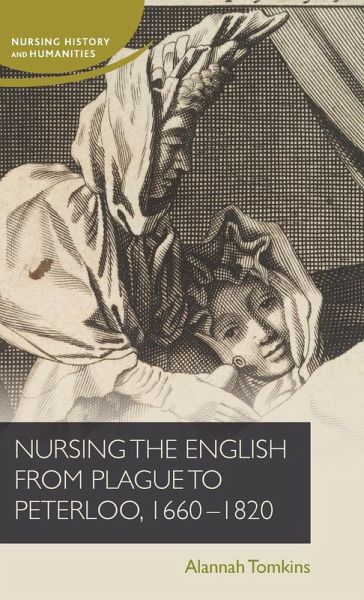
Nursing the English from plague to Peterloo, 1660-1820

PAYBACK Punkte
56 °P sammeln!
This book analyses the reputations and experiences of women and men who nursed the sick before any calls for nursing reform. -- .


Rechnungen
Bestellstatus
Retourenschein
Storno